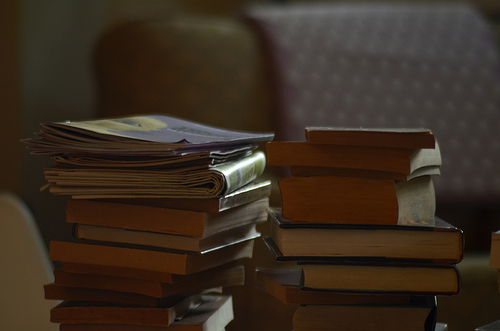[guest post by Isaac Anderson]
He would wake up—find himself, discover himself were the phrases he often used—in this public square or that one, countries away from home, not knowing how he got there.
The Frenchman Albert Dadas was the first of his kind, an involuntary wanderer described by Maud Casey in her essay “A Stubborn Desire.”1 As Casey reports, Dadas spent years in the late 1800s walking across Europe in a semi-trance, sometimes 70 kilometers in a day, often without sleeping or eating. He was diagnosed by his doctor, Philippe Tissie, with a psychiatric condition never before applied: fugueur. From the Latin fuga: a combination of fugere (to flee) and fugare (to chase).
A fugue state.
I have been rereading Casey’s essay because something of Dadas’s experience is familiar to me. Not the experience of traveling without conscious intent, perhaps, but the experience of losing track of my life, of being hypnotized by routine, of being chronically distracted, a condition Henri Nouwen likens to having a permanent address but never being home. The experience of spending days or even weeks in a kind of waking slumber as I flee or chase any number of things. The experience of fugue.
Dadas is my ancestor in certain ways. He is a forefather to any of us who struggle to achieve a steady attentiveness—being fully present to our lives and to the people who need us and to the work we’ve been given to do—in the midst of so much ambient cultural noise. And to that end, reading good literature—reading as a spiritual practice, we might say—is not so much the goal as a means by which the goal is often attained. The goal being wakefulness. A sharpened consciousness. A deeper understanding of what it means, or what is required, to be human.
Good literature is like good liturgy, as the novelist Ron Hansen observes.2 The novels and poems and plays and short stories and essays and memoirs of our great writers induct us into a world in which the mundane gets recast in all its meaningful complexity. We come away from a good book newly alert to our lives as story, say, or to the ways our daily acts hold the seeds of sin and sacrament both. We locate ourselves afresh. As with good liturgy, we find ourselves awake again to the miracle of our own existence. As with good liturgy, we are awakened again to pain, to the darkness of the human experience from which people daily call out, My God, why have you forsaken me?
This is not really escaping, Hansen points out; this is an entering into, a participation in the hidden thoughts and feelings, the hungers and hopes of other people, a reckoning with the world as it is, filled with life and death, truth and deception, love and fear, beauty and hate and a stunning amount of violence. This is about a deeper penetration of that world, which is our world, not a separation from it.
And, as with good liturgy, to immerse oneself in a literary text is to become potentially open to new ways of seeing, which is a precursor to all positive change. “How will you go about finding that thing the nature of which is totally unknown to you?” writes Rebecca Solnit, quoting Meno. She continues:
The things we want are transformative, and we don’t know or only think we know what is on the other side of that transformation. Love, wisdom, grace, inspiration—how do you go about finding these things that are in some ways about extending the boundaries of the self into unknown territory, about becoming someone else?3
The question has many good answers.
Here is one: You read. [next page]

